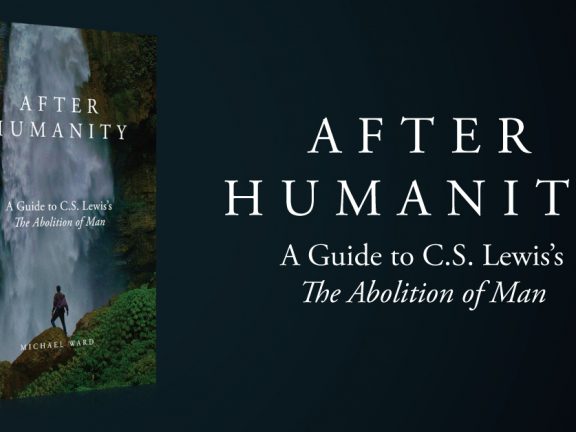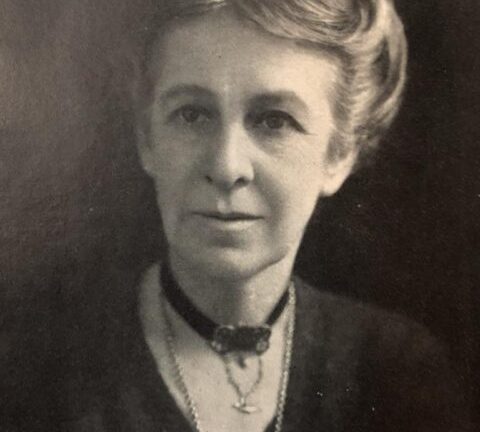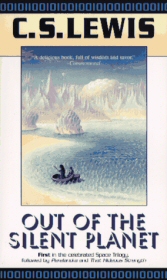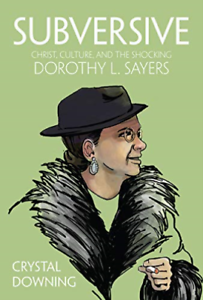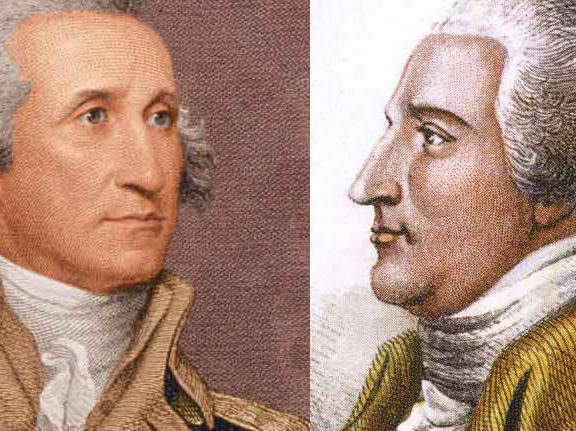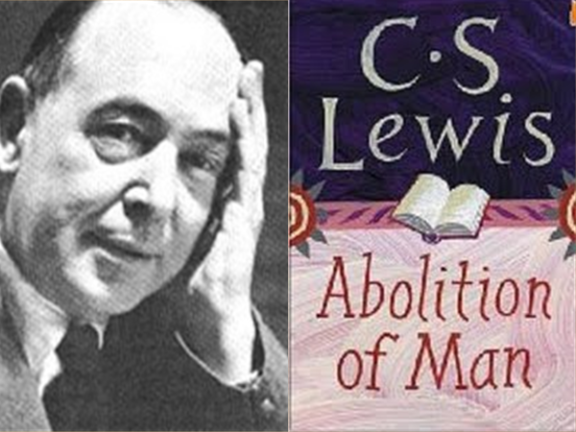After Humanity: A Review
One doesn’t normally review a book until one finishes it. I’m going to break that unofficial rule today because the value of Michael Ward’s new tome, After Humanity, is evident from the very first page. The Abolition of Man is one of C. S. Lewis’s most insightful books. It’s also one of the most difficult to read because it originated in a series of scholarly lectures at the University of Durham in 1943. Children entranced by Narnia will never grasp… Read more »

